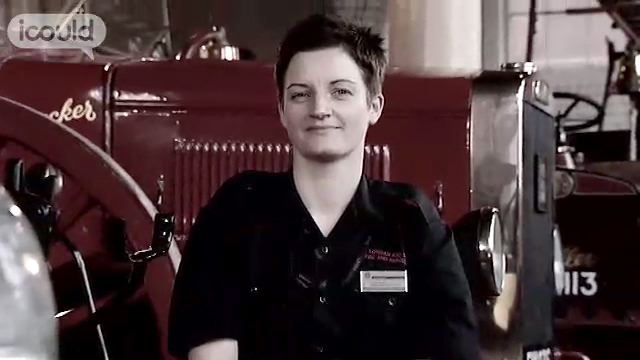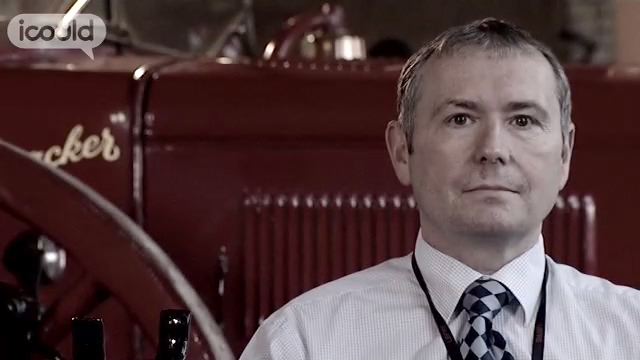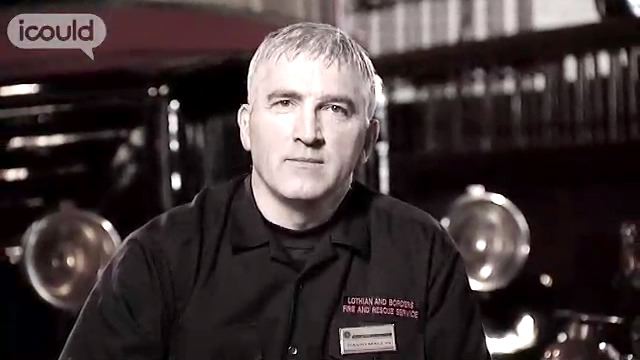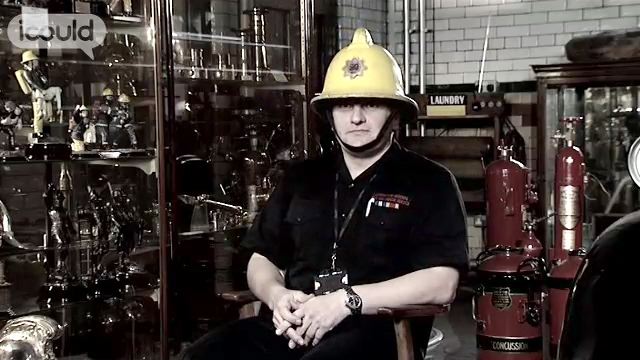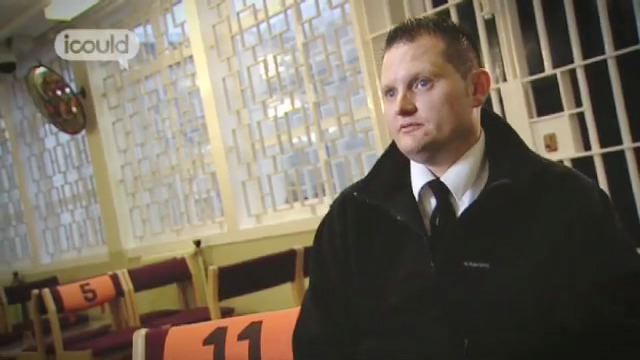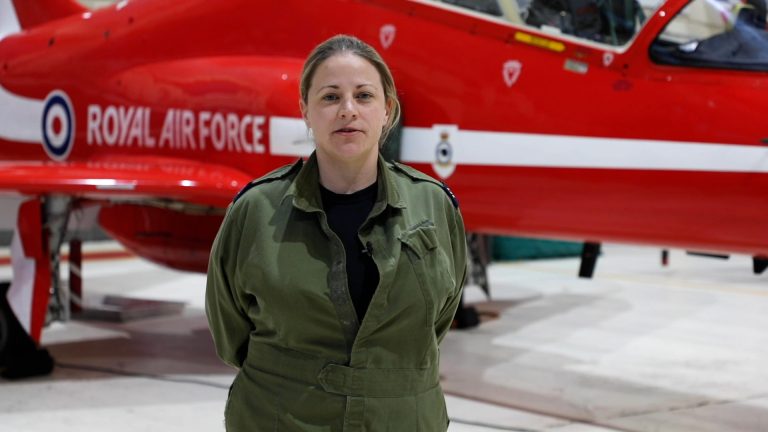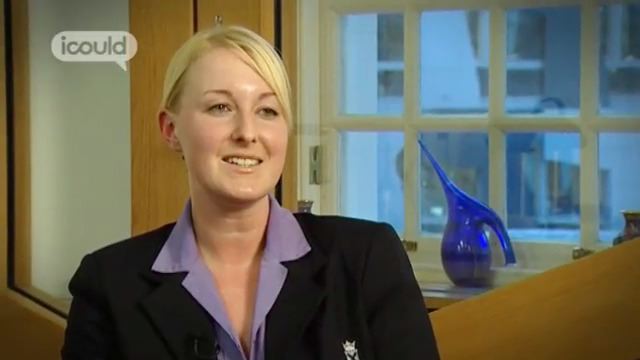Senior Officer
HMPS Blunderstone
Neil S
00:01 And my name’s Neil S, I’m a senior officer at HMP Blunderstone and I’m in charge of wages and industries.
00:07 Basically making sure that prisoners go to work, employment, making sure that there is enough purposeful activity for prisoners, so they can attend education, labour, carpentry, welding.
00:20 Initially started in 2002 as a residential officer which entailed me working on the wings with prisoners and after three years I fancied a career change, so I became a segregation officer which is very challenging, very demanding, these prisoners are, I would say, going to the segregation unit for their protection. There also could be a problem within the prison estate and they’re very challenging prisoners.
00:49 Hardest thing, I think to me when I was working in the segregation where we’d just found a prisoner trying to hang himself, that was quite hard to deal with but then the prison service has a care team, they have support networks and, and I think that was the hardest thing to come to terms with. Then after two years down the segregation unit, I then moved into what we call the planning management unit, which is planning a prisoner’s sentence, trying to reduce their risk so they need not come back into prison and giving them the skills or enhancing some skills and basically coming up with a plan throughout their prison sentence, trying to reduce them offending.
01:29 I wasn’t that great school. I enjoyed school, I was always Mr average and I played Norfolk for sports, for football and cricket. I also done tennis and I did play a lot of sports, to be honest with you. But school was good, I mean I went to Great Yarmouth High School, never had a problem. To be honest with you, I was uncertain on what to do. I was going to go into the army and went for the career talk and I think they weren’t taking or recruiting for another six to seven months and I was at a loose end and I went into painting and decorating which I thoroughly enjoyed.
02:04 My father was a painter and decorator and he was a foreman for a firm and he suggested why don’t you come into painting and decorating for a short term fix. I ended staying into painting and decorating, to be honest with you. My dad left school with no qualifications and this was basically the only trade what would accept him without qualifications. My mum worked at Sainsbury’s and she’s retired now, she used to be a manager within the store.
02:28 I was in for four years then it was the building recession in the late eighties and then I was thinking I need some more job security and then I went into retail.
02:41 I worked at Sainsbury’s. I went in as a replenisher, various aspects of that type of job, cashier and then it was quite easy to progress into management, if, you know, if you’re a worker and you’re a team player and Sainsbury’s like, I will give them their due, were really good at promoting this, so I then went into management. I also done what we called merchandising, going round to new stores, helping them set up new stores, looking at problems, problem-solving, which I thoroughly enjoyed and then I became an evening manager and I was then having a child at this time and the responsibility was too, every evening was too much, so then I applied for the prison service.
03:27 I’d got a friend who worked in the prison service and said what a good career it was, job security was key to myself, especially being a new family member, I needed a regular income and the money was good at starting off and this is when I progressed into the prison service.
03:46 I’m currently a senior officer. I’d like to become a PO, which is a principal officer, which would be maintaining and running the gaol on a day to day basis.
03:54 END
Neil S is a Senior Prison Officer, currently looking at the next steps in advancing his career in the prison service. He says “I wasn’t that great at school. I enjoyed school but I was always Mr Average.”
